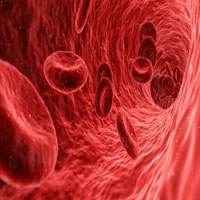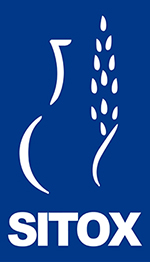Potential benefits of anticoagulant doses of low molecular weight heparin in COVID-19: An observational retrospective study

Accepted: 6 August 2021
All claims expressed in this article are solely those of the authors and do not necessarily represent those of their affiliated organizations, or those of the publisher, the editors and the reviewers. Any product that may be evaluated in this article or claim that may be made by its manufacturer is not guaranteed or endorsed by the publisher.
Authors
Hypercoagulability is a common complication of the systemic inflammation related to coronavirus disease 2019 creating debate within the critical care community on the therapeutic utility of Low Molecular Weight Heparin (LMWH). We collected data on consecutive patients with COVID-19 admitted to the Emergency Department of Castel San Giovanni Hospital, between February 29th and April 7th, 2020. Exclusion criteria were age <18 years, hospital stay <7 days, patients on dialysis and patients who had been transferred to other centers for which we could not collect data. Of the 257 patients included in the study, 49 (19.1%) died during hospitalization. We considered a wide set of variables as independent variables (age, sex, comorbidities and in-hospital treatments). We used a multivariate logistic regression model and, being heparin the only one therapy affecting survival rate, we compared prophylactic LMWH (p-LMWH) and Therapeutic LMWH (T-LMWH) groups. Kaplan Meier curve showed a higher survival probability in the T-LMWH and the difference between the two groups was statistically significant according to the log-rank or Mantel- Haenszel test (p< 0.0001). In a stratified analysis by ventilation type, the subgroup of patients who benefited from therapeutic LMWH was that in non-invasive mechanical ventilation. Using a multivariate analysis and adjusting for the drugs intake, TLMWH was the only therapy impacting on survival (HR 0.293, p <0.001). No fatal bleeding was observed. Therapeutic dose of LMWH in patients admitted to hospital with COVID-19 pneumonia was 70 associated with a decrease risk of intra-hospital mortality.
How to Cite
PAGEPress has chosen to apply the Creative Commons Attribution NonCommercial 4.0 International License (CC BY-NC 4.0) to all manuscripts to be published.

 https://doi.org/10.4081/ecj.2021.9795
https://doi.org/10.4081/ecj.2021.9795








